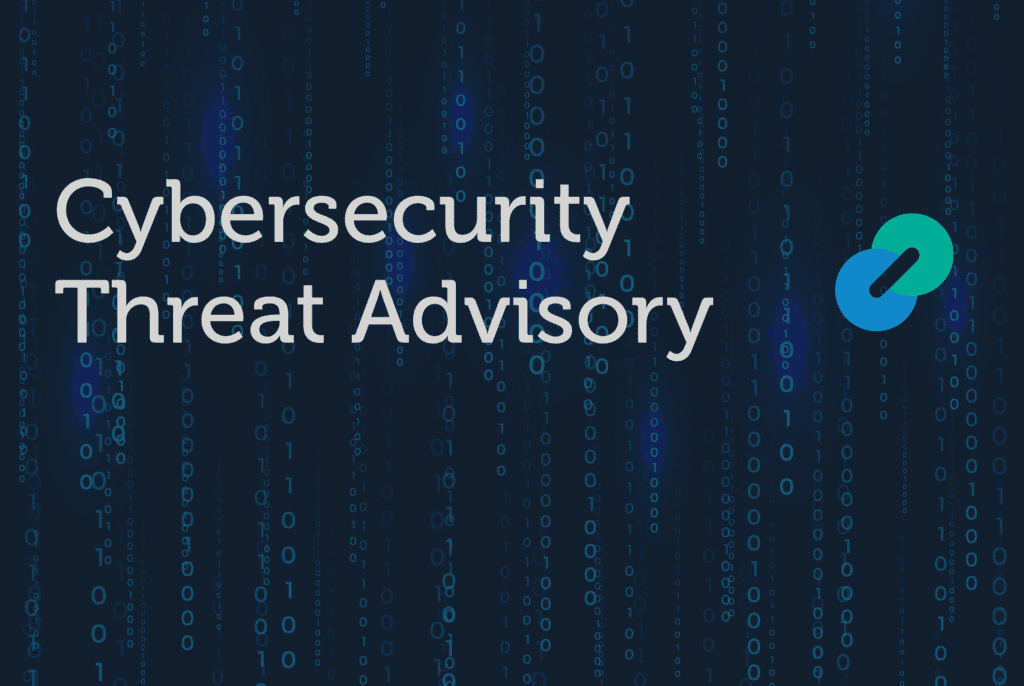Cybersecurity Threat Advisory: Cicada3301 ransomware variant

 A new ransomware variant has been found, known as Cicada3301. It exhibits similarities to the defunct BlackCat (ALPHV) operation, and it targets both Windows and Linux systems. Review the details in this Cybersecurity Threat Advisory to learn how this variant represents a significant evolution in ransomware tactics, blending old techniques with innovations.
A new ransomware variant has been found, known as Cicada3301. It exhibits similarities to the defunct BlackCat (ALPHV) operation, and it targets both Windows and Linux systems. Review the details in this Cybersecurity Threat Advisory to learn how this variant represents a significant evolution in ransomware tactics, blending old techniques with innovations.
What is the threat?
Cicada3301 has sophisticated evasion techniques, such as avoiding endpoint detection and response (EDR) systems and using stolen credentials to gain access to victim environments. This ransomware specifically targets VMware ESXi servers, which enterprises commonly use to host virtual machines and critical applications.
The attack typically begins with the use of stolen credentials, which are often obtained through phishing campaigns or by exploiting weak password policies. Once the attackers gain initial access to the victim’s network, they deploy the Cicada3301 ransomware. For instance, it can disable or alter security software, making it difficult for traditional defenses to detect its presence.
Cicada3301 spreads laterally across the network, using tools like PsExec or exploiting vulnerabilities to move from one system to another. It then proceeds to encrypt files, making them inaccessible to the victim. In the case of VMware ESXi servers, the ransomware specifically targets virtual machine files, effectively crippling an organization’s ability to operate. The attackers demand a ransom for the decryption keys and often threaten to leak stolen data if the ransom remains unpaid.
Why is it noteworthy?
Its use of the Rust programming language makes it highly versatile. It is capable of targeting multiple operating systems, increasing its potential impact. Also, its advanced evasion techniques, including the ability to bypass EDR systems, represent a significant evolution in ransomware tactics, making it more difficult for traditional security measures to detect and stop.
The ransomware’s ability to modify system configurations, such as the Boot Configuration Data (BCD) in Windows, further complicates recovery efforts. By altering these settings, Cicada3301 ensures that the infected systems remain inaccessible even after a reboot. This makes it challenging for victims to regain control without paying the ransom. Lastly, its targeting of VMware ESXi servers highlights a shift in ransomware focus on infrastructure that is critical to business operations, increasing the potential damage from successful attacks.
What is the exposure or risk?
The ransomware’s ability to evade detection and target high-value systems increases the likelihood of significant operational disruption and data loss. Organizations compromised by Cicada3301 may experience costly downtime, data breaches, and potential financial loss from ransom payments. The widespread use of stolen credentials also raises the risk of this ransomware spreading rapidly within a network, affecting multiple systems and increasing the overall impact.
What are the recommendations?
Barracuda MSP strongly recommends organizations to take these steps to defend their machines against this threat:
- Use multi-factor authentication (MFA).
- Limit access to critical systems to reduce the risk of stolen credentials being used to gain unauthorized access.
- Deploy advanced EDR solutions that can detect and respond to sophisticated evasion techniques.
- Keep all systems up-to-date with the latest security patches.
- Segment networks to limit the lateral movement of ransomware within an organization.
- Encrypted backups need to be made regularly and stored offline to allow recovery in the event of an attack without needing to pay a ransom.
How can Barracuda XDR assist?
Barracuda XDR offers robust protection against threats like Cicada3301 through our Managed Endpoint Security service. This service provides comprehensive coverage, ensuring that your endpoints are safeguarded against ransomware and other malicious activities. One key feature is our “Safe Boot Protection.” It prevents unauthorized processes from modifying the Boot Configuration Data (BCD) file in Windows, a common tactic used by ransomware to maintain persistence and avoid detection.
Additionally, we have implemented custom ransomware detection rules designed to identify and neutralize threats like Cicada3301 before they can cause significant damage. Our endpoint security experts continuously test new releases of our EDR tools to ensure they are fully compatible and free of interoperability issues before being deployed to our customers. This proactive approach ensures that your security measures are always up-to-date and effective against the latest threats.
By leveraging Barracuda XDR, organizations can benefit from advanced security features, expert support, and a proactive stance against emerging ransomware threats, ensuring a higher level of protection and peace of mind.
Reference
For more in-depth information about the threat, please visit the following link:
If you have any questions about this Cybersecurity Threat Advisory, please contact Barracuda XDR’s Security Operations Center.



























